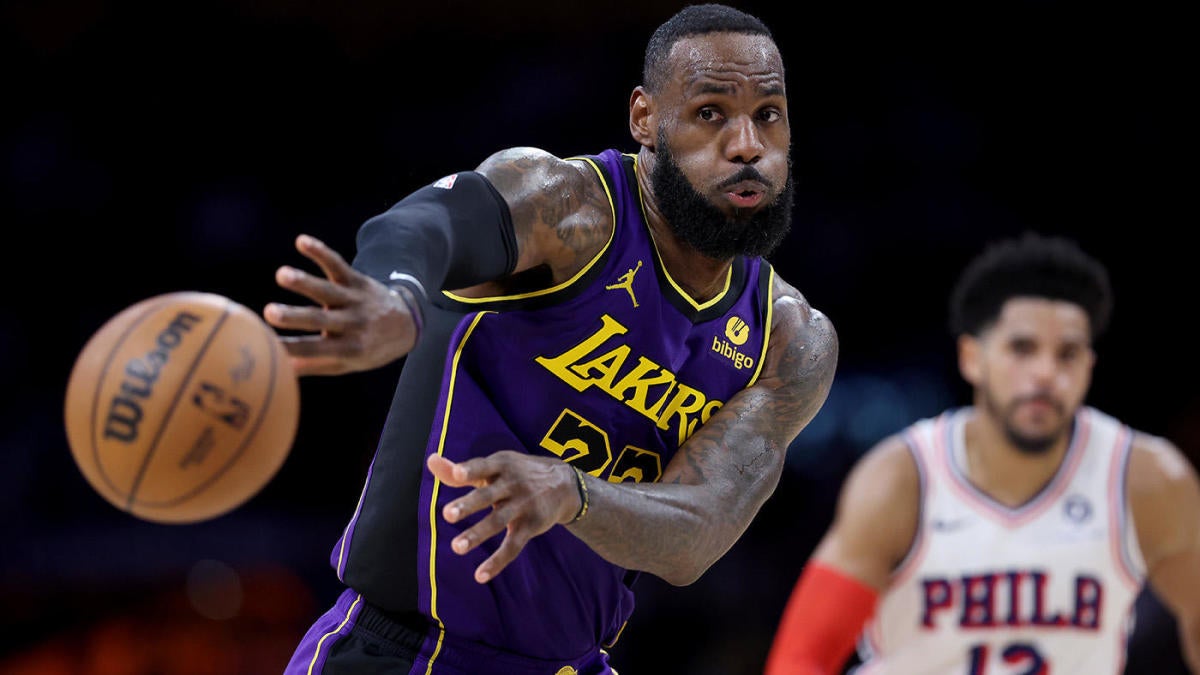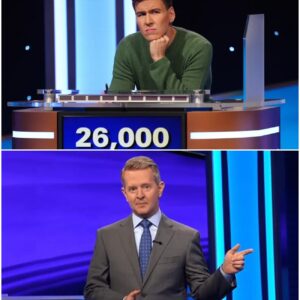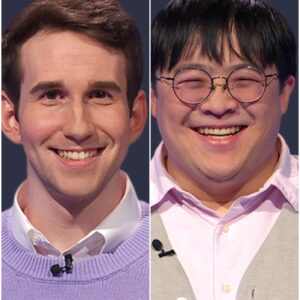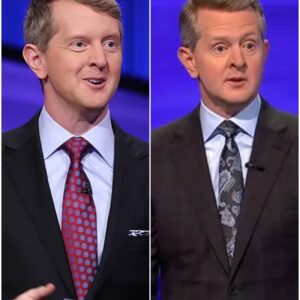The Lakers are no longer LeBron’s best chance at winning

LeBron James had a clear goal in mind the first time he became a free agent. In the summer of 2010, the decision that led to The Decision was a pure basketball calculation. He wanted to win championships. The Miami Heat gave him his best chance to do so.
James had an even narrower focus when he became a free agent for the second time in the summer of 2014. The goal was no longer only to win championships, but to make sure he won at least one title for his native Northeast Ohio. There was no real decision here. It had to be the Cleveland Cavaliers.
James dipped his toe into the free-agent waters in 2015 and 2016, but only as a means to extract as many dollars and as much leverage out of the Cavaliers as possible. His third true foray into free agency came in 2018, and to this day, we know less about what motivated James in his choice to sign with the Los Angeles Lakers than we do any of his other moves. There was no television special or heartfelt letter announcing it. James was a Cavalier one day. He was a Laker the next.
Did he move out West to make movies? It was a popular theory at the time. He’s denied it, and his IMDB backs him up. Was it a lifestyle decision? It certainly would have been a justifiable one. James is perhaps the most iconic Ohioan who has ever lived, which surely made day-to-day living a bit of a chore in his home state. Los Angeles is friendlier to fame. It offered a simpler developmental pipeline for his two sons, who are both seemingly pursuing NBA careers of their own. If nothing else, the weather is certainly nicer. The Lakers offered basketball flexibility that the Cavaliers did not. He cashed those chips in for Anthony Davis and a fourth championship.
And that brings us to James’ possible fourth foray into free agency, which could come this summer depending on whether or not he chooses to exercise his player option in Los Angeles for next season. In the past, we’ve either known explicitly what was motivating James or could at least propose a few reasonable guesses. But now? Well, we have no real idea what is motivating James because we’ve never encountered a free agent operating under these circumstances before.
James has already done everything there is to do as a player. Four championships. Finals MVP awards with three different teams (which nobody else has ever done). Four regular-season MVPs. A possible third Olympic gold medal this summer. A record 20 All-Star selections. One of those basketball-playing sons is already in college. The other is about to enter his senior year at Sierra Canyon. Their futures, while by no means settled, are largely their own to determine at this point. Lifestyle concerns don’t need to be as meaningful to a player who is about to turn 40 and is likely operating on a shorter timeline for the rest of his playing days. He probably isn’t planning to spend half of a decade in a new city. But a year or two? That’s probably more reasonable.
Has a free agent ever had less to prove? Perhaps Michael Jordan in 1996, but his decision was fairly clear-cut. He was criminally underpaid for virtually his entire career. Bird Rights rules at that point allowed Chicago to pay him literally anything, so he wound up staying put for a $30 million salary that represented roughly 124% of the entire salary cap at the time. To put that figure in perspective, this would be like James re-signing with the Lakers for a projected salary of $176 million for next season alone. Once Dennis Rodman and Phil Jackson re-signed, the Bulls, coming off of a 72-win season, were obviously his best chance to continue winning. He’d spent his entire career in Chicago to that point, so it surely held the lifestyle advantage. All of Jordan’s interests seemingly aligned.
But James? We may know what his interests are. We don’t know which of them he is prioritizing. And they seemingly don’t align.
Is he prioritizing finances? Potentially, especially if he plans to buy an expansion team in Las Vegas. The Lakers have far less of an advantage here than the 1996 Bulls did. Unlike most teams attempting to re-sign their own free agents, the Lakers won’t be able to offer James a fifth year on his deal because of the Over-38 rule. He’s instead limited to three years. A max deal with the Lakers could take two forms, as detailed by ESPN’s Bobby Marks: a $162 million new contract that could include a no-trade clause, or an extension that pays him roughly $164.3 million without including one. That’s a lot of money, but a max contract from another team in free agency would be similar: slightly less than $157.5 million with a starting salary at 105% of his current $47.6 million salary.
Lifestyle? Los Angeles has the clear lead. Weather, fame-friendliness and convenience for his off-court business interests aside, familiarity is a powerful force. James is already here. Los Angeles is the incumbent. He’d need to be pried out of it for some particularly compelling reason.
There’s one that tends to follow him. “My motivation,” James said in a 2016 interview with Lee Jenkins for Sports Illustrated, “is this ghost I’m chasing. The ghost played in Chicago.” Whether he’ll admit it or not, his legacy factors into everything James does. He wants to definitively surpass Jordan whether or not that is even possible. One could argue that the Lakers are his best path to doing that simply because he’s already there. How many legends are strongly associated with four teams? Frankly, three is already somewhat unusual. Jordan spent all but his forgotten years playing for the Bulls. Magic Johnson, Larry Bird, Bill Russell, Kobe Bryant and Tim Duncan only wore one uniform in their entire careers. Kareem Abdul-Jabbar wore two. Wilt Chamberlain moved around. You could argue it has impacted the way he is remembered.
Maybe a certain kind of movement would supersede sheer numbers. James flirted with the New York Knicks quite a bit earlier this season. He’s done it several times in his career. Being the player to lead New York back to the top of the NBA after more than 50 years without a title would carry a significant historic cache. James’ agent, Rich Paul, recently mended fences with former mentor-turned-rival Leon Rose, who currently runs the Knicks. New York has the draft capital to land Bronny if it wants to.
The logistics here are harder to solve. The Knicks won’t be a cap space team this summer, so James would probably have to opt in and get traded to New York to avoid first-apron hard-cap headaches. What’s the trade package that makes sense for the Lakers? They likely wouldn’t want Julius Randle either for a rebuild or a revamp around Anthony Davis, but his $30 million salary would have to be in the deal. Where is the remaining $20 million or so coming from? Bojan Bogdanovic, whose money is currently partially guaranteed, is the easiest answer. He offers little value to the Lakers. Would New York give up one or more of the Villanova players that comprise its core identity? What about center Mitchell Robinson? How many picks would New York be willing to sacrifice? That last question is the key here. The Knicks have the capital to trade for almost anyone. Are they really going to spend it on a soon-to-be quadragenarian? It’s a fun hypothetical, but it’s just hard to imagine the Lakers and Knicks settling on a reasonable compromise here.





